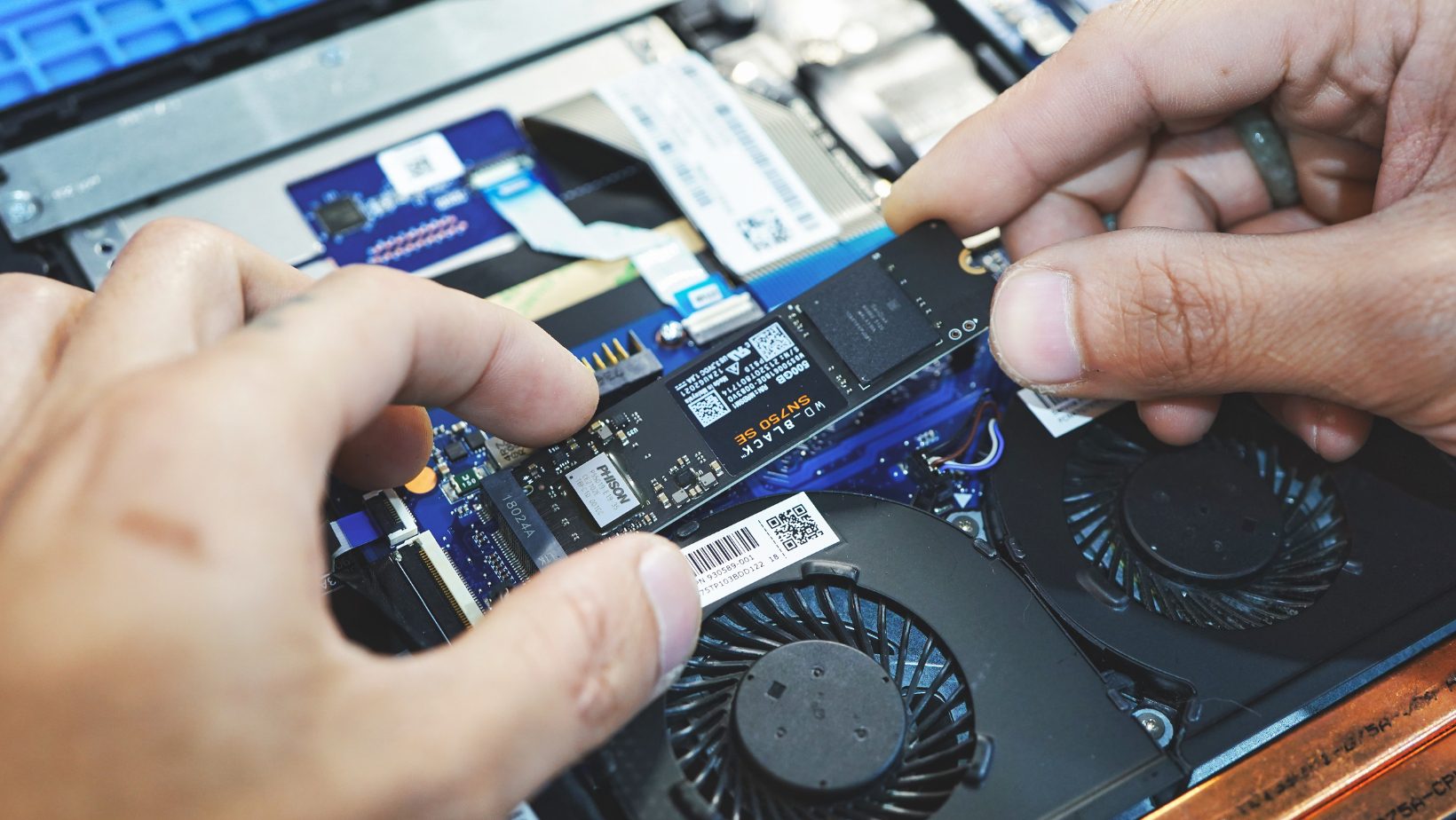
One of the main advantages of using a smart card for laptops is its ability to protect against unauthorized access. Instead of relying solely on passwords or PINs, which can be easily guessed or hacked, a smart card adds an extra level of protection by requiring both physical possession of the card and knowledge of its associated credentials. This makes it much more difficult for potential hackers or intruders to gain access to your laptop and its contents.
Another benefit of using a smart card is its versatility. These cards can be used not only for authentication purposes but also as storage devices for personal data, encryption keys, digital signatures, and more. By consolidating these functions onto one compact device, smart cards offer convenience and efficiency while maintaining high levels of security.
Incorporating a smart card into your laptop’s security measures provides enhanced protection against unauthorized access. Its multi-functionality and robust security features make it an ideal choice for those who prioritize safeguarding their valuable information. So why not consider equipping your laptop with a smart card today?
Smart Card for Laptops
Enhanced Security Features
When it comes to securing our laptops and the sensitive data stored within them, smart cards offer a range of advantages. These tiny yet powerful devices provide enhanced security features that go beyond traditional username-password authentication methods. By incorporating advanced encryption algorithms, smart cards ensure that only authorized individuals can access the laptop and its contents.
With a smart card for laptops, users benefit from two-factor authentication. This means that in addition to entering a password, they must also insert the smart card into a reader connected to their laptop. This added layer of security significantly reduces the risk of unauthorized access and potential data breaches.
Furthermore, smart cards enable secure storage of digital certificates and cryptographic keys used for authentication purposes. These credentials are securely stored on the card’s microchip, making it nearly impossible for hackers to intercept or replicate them. As a result, organizations can confidently rely on smart cards to protect their valuable information and maintain compliance with stringent security regulations.
Convenient and Portable Authentication
One major advantage of using smart cards for laptops is the convenience they offer in terms of authentication. Unlike traditional methods where users need to remember complex passwords or carry physical tokens such as USB drives or key fobs, smart cards provide an all-in-one solution.
By simply inserting the small chip-based card into the designated reader, users can quickly authenticate themselves without hassle or delay. This streamlined process not only saves time but also eliminates the need for remembering multiple passwords across different platforms or applications.
Smart cards are also highly portable, allowing users to carry their secure identification wherever they go. Whether working remotely or traveling for business purposes, individuals can easily take their smart card with them and seamlessly authenticate themselves on any compatible laptop. This flexibility enhances productivity while maintaining robust security measures.

Streamlined Access Control
Smart cards bring significant benefits when it comes to managing access control in organizations. With these intelligent devices implemented across laptop systems, businesses can enforce strict access policies and ensure that only authorized personnel can use company laptops.
By integrating smart cards into their laptop infrastructure, organizations gain the ability to centrally manage user credentials and control who can access specific resources or sensitive data. IT administrators can easily revoke or update user permissions by remotely managing the smart card certificates, providing a scalable solution for large-scale deployments.
Moreover, smart cards facilitate secure remote access to corporate networks. By using virtual private network (VPN) technology in conjunction with smart card authentication, employees can securely connect to their organization’s network from any location. This ensures that even when working remotely, individuals are subject to the same stringent security measures as they would be in the office.
Smart cards offer numerous advantages for laptops. They provide enhanced security features through two-factor authentication and secure storage of digital certificates. Additionally, they offer convenient and portable authentication methods while streamlining access control processes within organizations. By incorporating smart cards into laptop systems, businesses can bolster security measures without compromising usability or productivity.



